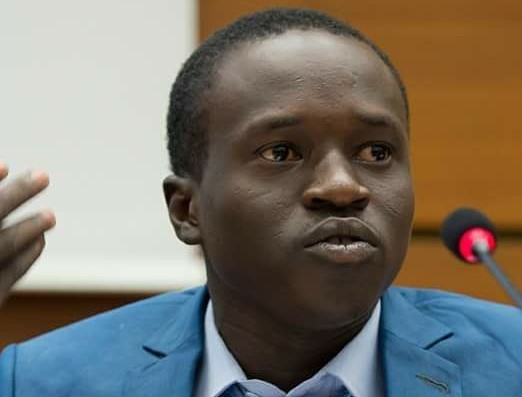In nearly every forum discussing the challenges facing Africa’s youth, a familiar narrative emerges: The young people are being blocked from leadership by an older generation unwilling to relinquish power.
This narrative is not without merit. Across many parts of the continent—and particularly in South Sudan—the youth have had to navigate deeply entrenched political, economic, and social systems built to preserve generational hierarchies.
For over a decade, I have been part of the movement demanding greater youth inclusion in leadership and decision-making. We have engaged institutions, disrupted the status quo, and worked tirelessly to unseat leaders who viewed power as a lifetime entitlement. In the course of this journey, one truth has become increasingly evident—and increasingly uncomfortable to acknowledge: the greatest obstacle to youth leadership may no longer be just the old guard. It may also be the youth themselves.
It is a painful irony. While we fight external barriers, many young people sabotage their peers. Some do so out of fear, envy, or a false sense of competition. Others become tools of the political elites—used to silence, mock, or derail rising young voices. In the process, they replicate the very systems of exclusion they claim to oppose.
Instead of rallying behind one another, we sometimes act as gatekeepers—questioning credentials, spreading doubt, or accusing fellow youth of “moving too fast”. This behavior does not just delay progress; it undermines the credibility of our collective struggle.
There is a pervasive myth that the youth must wait until they are “ready” to lead—until they have grey hair, titles, or permission from the establishment. But history tells a different story. The liberators who fought for South Sudan’s independence were young. In their 20s and 30s. They organized movements, led battalions, negotiated peace, and carved new nations into existence.
They were not perfect. They made mistakes. But they acted with courage, purpose, and urgency. What they did not do was wait.
Today, our generation is better educated, more connected, and more globally informed. We have access to platforms that amplify our voices and technology that enables our ideas to scale. And yet, many of us remain stuck—trapped in a cycle of complaint, paralyzed by imposter syndrome, or preoccupied with social validation.
If we only cry, complain, blame others, and refuse to take bold steps forward, then we become complicit in our own exclusion.
The future we desire will not emerge from tweets or trending hashtags alone. It will be built by those who are willing to take risks, mobilize communities, and lead with integrity. Real leadership means showing up—consistently, intelligently, and ethically—even when recognition is slow and support is scarce.
Our elders have done their part. Whether or not we agree with their methods or outcomes, they acted in their time. Now is our time. Leadership is not a gift; it is a responsibility that must be claimed, often at great personal cost.
We are not victims of history—we are its architects. If we want a peaceful, prosperous, and inclusive future for South Sudan and the broader African continent, then we must rise—not tomorrow, but today.
We must stand united, support one another, and speak, not just in protest, but with purpose. We must challenge the systems that silence us, and the internal divisions that weaken us. Most of all, we must lead—because no one will build the future for us.
The time for blaming is over. The time for building has begun.
What are you waiting for?
The author, Malual Bol Kiir, is the founder of the African Youth Action Network (AYAN), and a recipient of the Voices of Courage Award and the Champion for Children Award.
The views expressed in ‘opinion’ articles published by Radio Tamazuj are solely those of the writer. The veracity of any claims made is the responsibility of the author, not Radio Tamazuj.




